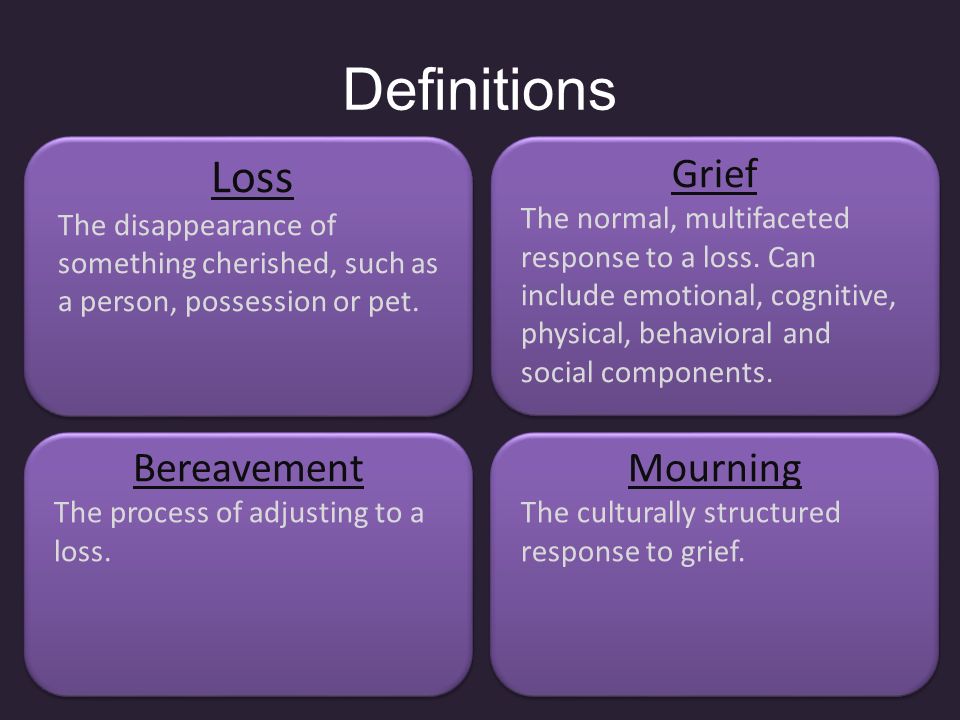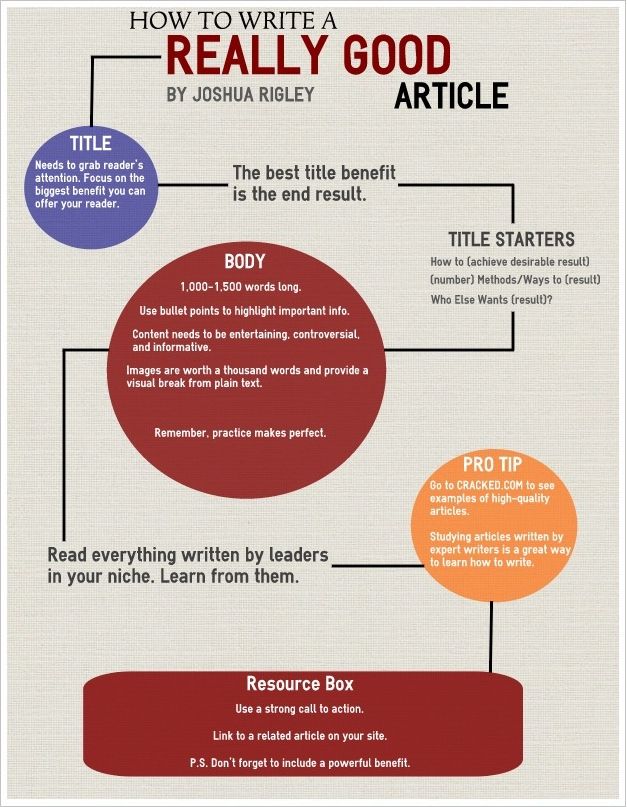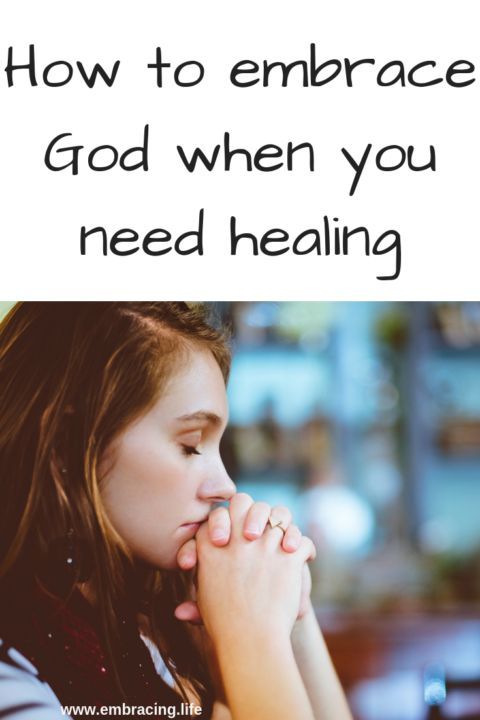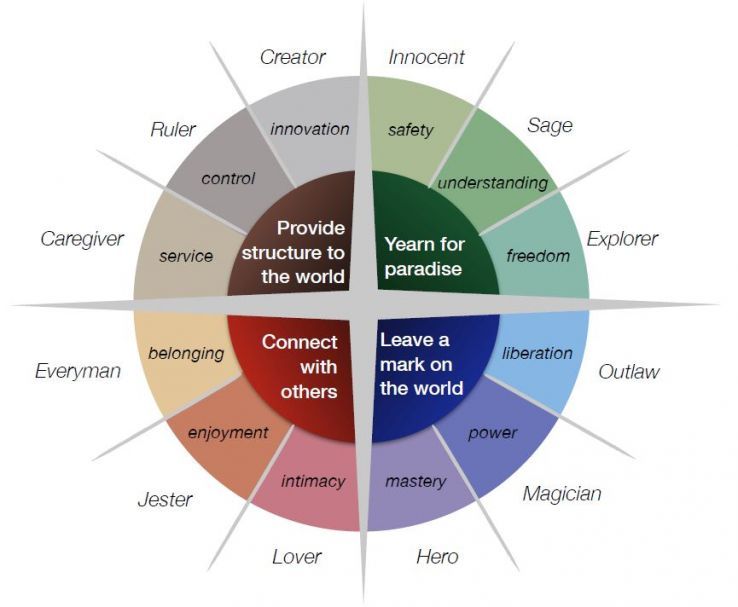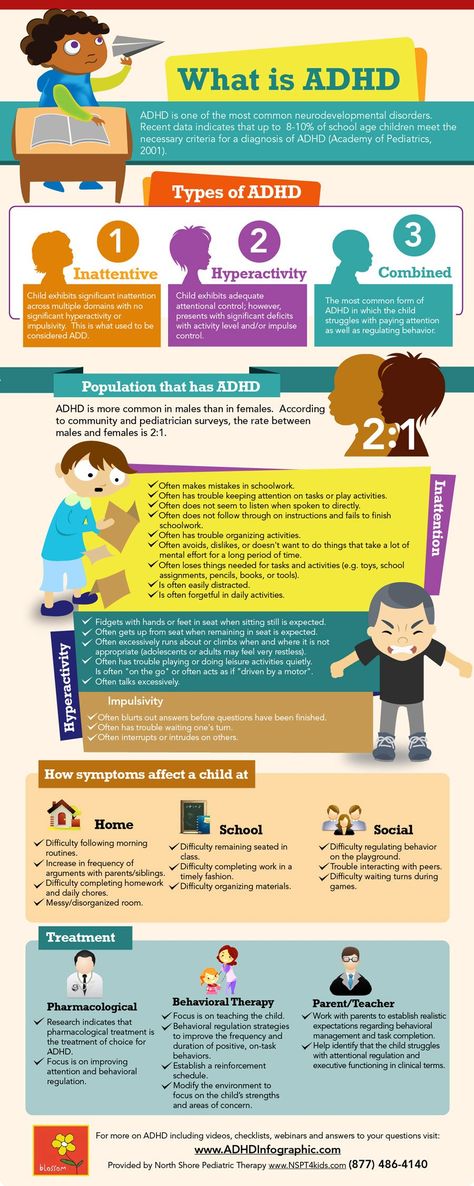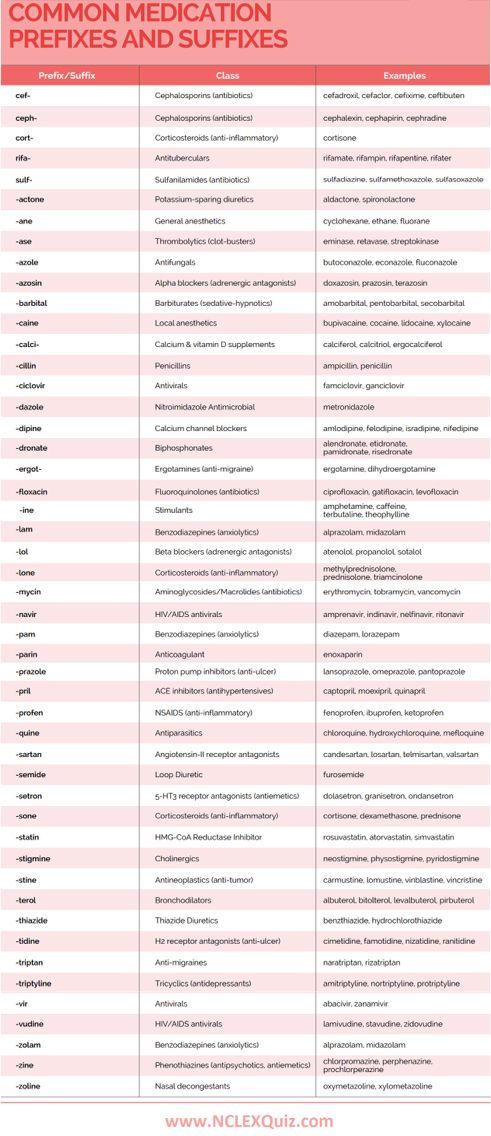Psychological stages of grief
The Stages of Grief: Accepting the Unacceptable
June 8, 2020
Posted by Caitlin Stanaway, Psy.D., Licensed Psychologist, UWCC
The pandemic has impacted our routines, social lives, school, work, and more. It has caused the loss of lives around the globe, as well as the loss of normalcy. The recent death of George Floyd has put police brutality, murders of Black and Brown people, racial and social injustice into the spotlight. There are many losses to grieve amidst the intensity of civil unrest, on top of more typical stressors like taking finals and looking for a job.
Elisabeth Kubler-Ross developed the five stages of grief in her 1969 book, On Death and Dying. Grief is typically conceptualized as a reaction to death, though it can occur anytime reality is not what we wanted, hoped for, or expected.
Persistent, traumatic grief can cause us to cycle (sometimes quickly) through the stages of grief: denial, anger, bargaining, depression, acceptance. These stages are our attempts to process change and protect ourselves while we adapt to a new reality. While there are consistent elements within each stage, the process of grieving looks different for everyone.
When you combine experiences of stress and trauma to grief, it is overwhelming. It takes a toll on our mental and physical health. Our minds and bodies are consistently being impacted by the stress response, a nervous system reaction to feeling threatened. It triggers the release of adrenaline and cortisol, impacting sleep, appetite, making it difficult to function at your best.
Symptoms of anxiety and depression may develop, as well as trauma symptoms like intrusive thoughts, nightmares, feeling disconnected from self. Trauma related to racial injustice is chronic. Resources for Black healing, including crisis support, self-care, and reducing cortisol levels in response to racial stressors can be found here.
Being aware of the grief stages and how you uniquely experience them can increase self-understanding and compassion.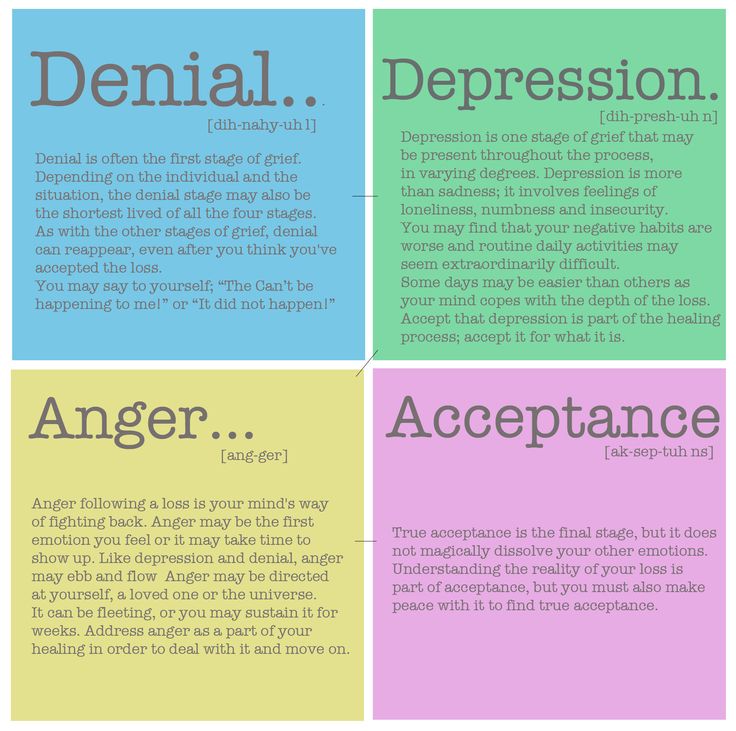 It can help you better understand your needs and prioritize getting them met.
It can help you better understand your needs and prioritize getting them met.
Denial
| can look like: | can feel like: |
|---|---|
| avoidance | shock |
| procrastination | numbness |
| forgetting | confusion |
| easily distracted | shutting down |
| mindless behaviors | |
| keeping busy all the time | |
| thinking/saying, “I’m fine” or “it’s fine” |
Anger
| can look like: | can feel like: |
|---|---|
| pessimism | frustration |
| cynicism | impatience |
| sarcasm | resentment |
| irritability | embarrassment |
| being aggressive or passive-aggressive | rage |
| getting into arguments or physical fights | feeling out of control |
| increased alcohol or drug use |
Bargaining
| can look like: | can feel like: |
|---|---|
| ruminating on the future or past | guilt |
| over-thinking and worrying | shame |
| comparing self to others | blame |
| predicting the future and assuming the worst | fear, anxiety |
| perfectionism | insecurity |
| thinking/saying, “I should have…” or ”If only…” | |
| judgment toward self and/or others |
Depression
| can look like: | can feel like: |
|---|---|
| sleep and appetite changes | sadness |
| reduced energy | despair |
| reduced social interest | helplessness |
| reduced motivation | hopelessness |
| crying | disappointment |
| increased alcohol or drug use | overwhelmed |
Acceptance
| can look like: | can feel like: |
|---|---|
| mindful behaviors | “good enough” |
| engaging with reality as it is | courageous |
| “this is how it is right now” | validation |
| being present in the moment | self-compassion |
| able to be vulnerable & tolerate emotions | pride |
| assertive, non-defensive, honest communication | wisdom |
| adapting, coping, responding skillfully |
Generally, if we are not in the stage of acceptance then we are in some way fighting against or avoiding reality.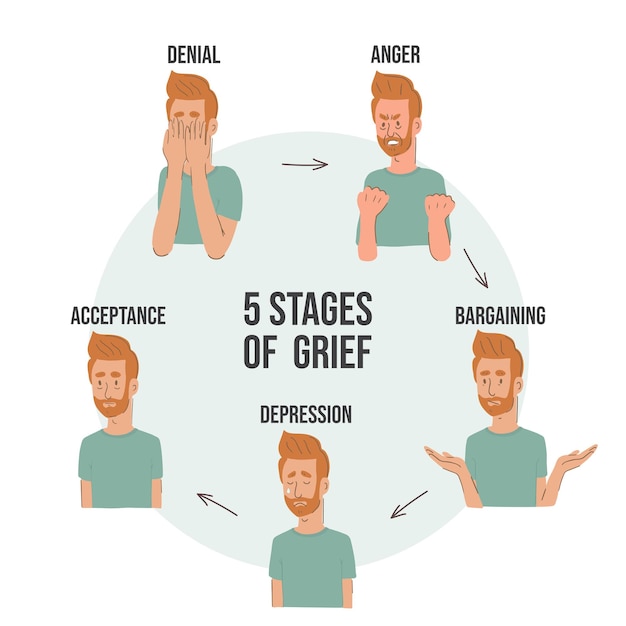 We might start sleeping more. Our mood or anxious thoughts might become the focus of attention, distracting from external stressors. We might use alcohol or drugs to avoid or disconnect from reality. We might keep our focus on tasks, responsibilities, or the needs of others – staying busy as much as possible to avoid feeling distress.
We might start sleeping more. Our mood or anxious thoughts might become the focus of attention, distracting from external stressors. We might use alcohol or drugs to avoid or disconnect from reality. We might keep our focus on tasks, responsibilities, or the needs of others – staying busy as much as possible to avoid feeling distress.
Acceptance doesn’t mean not experiencing distress, emotions or trauma. It does not mean you condone what is happening. It means noticing what you are fighting against, validating your desire to fight against it, and re-orienting yourself to the reality of the moment you are in. It means not getting stuck, or getting un-stuck, from other stages. Mindfulness and a non-judgmental, curious attitude can be a big help.
Acceptance might look like saying to yourself: “If I sleep too long today I’ll keep sleeping through the mornings. I’m going to prioritize getting my schedule regulated.” It might look like noticing: “I’m directing my anger and sadness about what’s going on toward myself and ruminating on self-criticisms.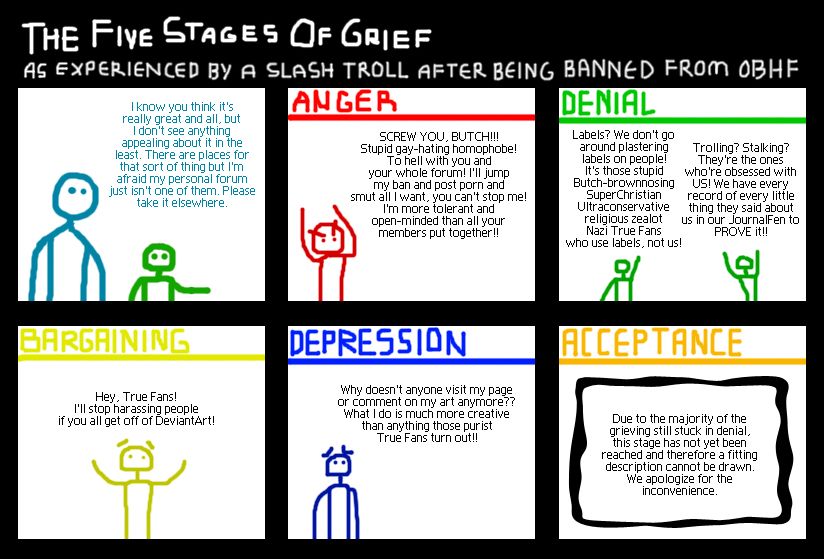 I’ll acknowledge my anger and what it’s really about.” Or reflecting, “how could I not be angry about ___? Who wouldn’t be anxious about ___? Of course it’s extremely hard to accept ___”; It might look like checking in on yourself: “If I keep neglecting my own needs and focusing on work/others, I’ll end up feeling burned out and exhausted. I’ll take time to assess how I’m doing and what I need.”
I’ll acknowledge my anger and what it’s really about.” Or reflecting, “how could I not be angry about ___? Who wouldn’t be anxious about ___? Of course it’s extremely hard to accept ___”; It might look like checking in on yourself: “If I keep neglecting my own needs and focusing on work/others, I’ll end up feeling burned out and exhausted. I’ll take time to assess how I’m doing and what I need.”
It is rare to move through the stages in a linear way. It is normal to experience ups and downs in mood, thoughts, attitudes, and behaviors. It can be difficult maintaining acceptance while things feel so unacceptable.
If you are feeling overwhelmed by grief, loss, trauma you do not have to go through it alone. The Counseling Center can offer culturally-sensitive support and guidance through the grieving process.
Five Stages of Grief by Elisabeth Kubler Ross & David Kessler
A Message from David Kessler
I was privileged to co-author two books with the legendary, Elisabeth Kübler-Ross, as well as adapt her well-respected stages of dying for those in grief.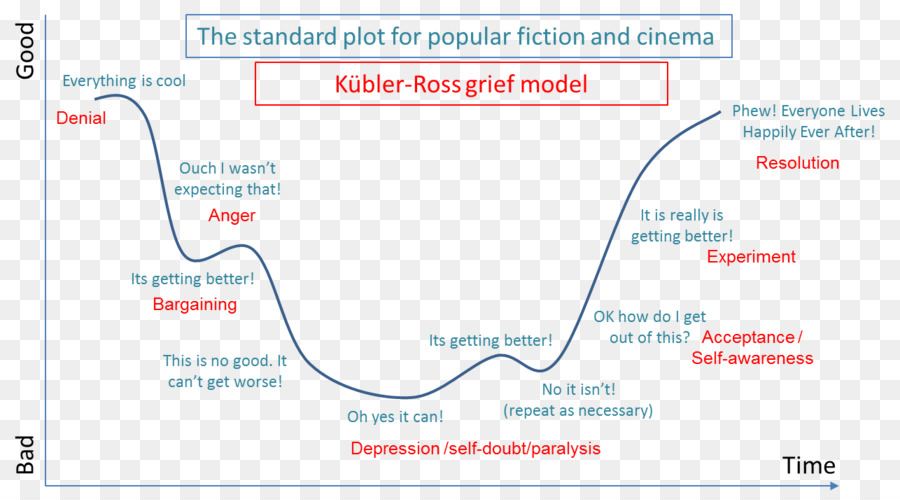 As expected, the stages would present themselves differently in grief. In our book, On Grief and Grieving we present the adapted stages in the much needed area of grief. The stages have evolved since their introduction and have been very misunderstood over the past four decades. They were never meant to help tuck messy emotions into neat packages. They are responses to loss that many people have, but there is not a typical response to loss as there is no typical loss.
As expected, the stages would present themselves differently in grief. In our book, On Grief and Grieving we present the adapted stages in the much needed area of grief. The stages have evolved since their introduction and have been very misunderstood over the past four decades. They were never meant to help tuck messy emotions into neat packages. They are responses to loss that many people have, but there is not a typical response to loss as there is no typical loss.
The five stages, denial, anger, bargaining, depression and acceptance are a part of the framework that makes up our learning to live with the one we lost. They are tools to help us frame and identify what we may be feeling. But they are not stops on some linear timeline in grief. Not everyone goes through all of them or in a prescribed order. Our hope is that with these stages comes the knowledge of grief ‘s terrain, making us better equipped to cope with life and loss. At times, people in grief will often report more stages.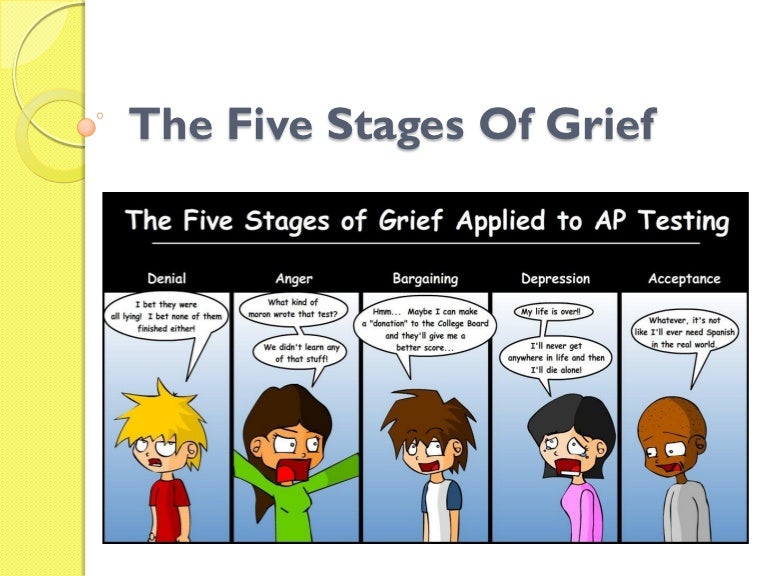 Just remember your grief is an unique as you are.
Just remember your grief is an unique as you are.
Finding Meaning: The Sixth Stage of Grief
In this groundbreaking new work, David Kessler—an expert on grief and the coauthor with Elisabeth Kübler-Ross of the iconic On Grief and Grieving—journeys beyond the classic five stages to discover a sixth stage: meaning.
In this book, Kessler gives readers a roadmap to remembering those who have died with more love than pain; he shows us how to move forward in a way that honors our loved ones. Kessler’s insight is both professional and intensely personal. His journey with grief began when, as a child, he witnessed a mass shooting at the same time his mother was dying. For most of his life, Kessler taught physicians, nurses, counselors, police, and first responders about end of life, trauma, and grief, as well as leading talks and retreats for those experiencing grief. Despite his knowledge, his life was upended by the sudden death of his twenty-one-year-old son.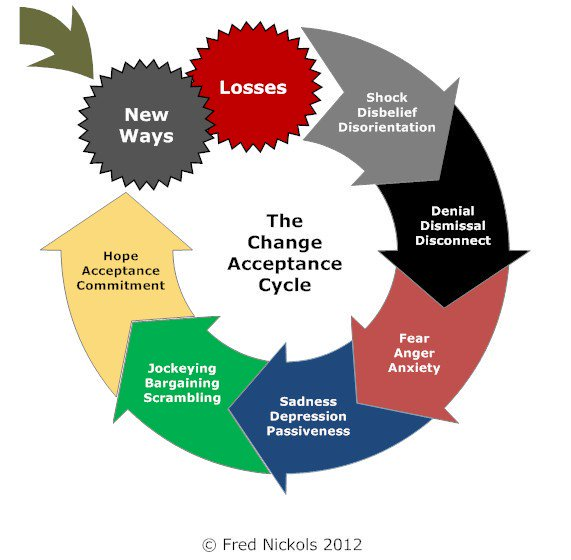
How does the grief expert handle such a tragic loss? He knew he had to find a way through this unexpected, devastating loss, a way that would honor his son. That, ultimately, was the sixth state of grief—meaning. In Finding Meaning, Kessler shares the insights, collective wisdom, and powerful tools that will help those experiencing loss. Read More
DENIAL Denial is the first of the five stages of grief™️. It helps us to survive the loss. In this stage, the world becomes meaningless and overwhelming. Life makes no sense. We are in a state of shock and denial. We go numb. We wonder how we can go on, if we can go on, why we should go on. We try to find a way to simply get through each day. Denial and shock help us to cope and make survival possible. Denial helps us to pace our feelings of grief. There is a grace in denial. It is nature’s way of letting in only as much as we can handle. As you accept the reality of the loss and start to ask yourself questions, you are unknowingly beginning the healing process. You are becoming stronger, and the denial is beginning to fade. But as you proceed, all the feelings you were denying begin to surface.
You are becoming stronger, and the denial is beginning to fade. But as you proceed, all the feelings you were denying begin to surface.
ANGERAnger is a necessary stage of the healing process. Be willing to feel your anger, even though it may seem endless. The more you truly feel it, the more it will begin to dissipate and the more you will heal. There are many other emotions under the anger and you will get to them in time, but anger is the emotion we are most used to managing. The truth is that anger has no limits. It can extend not only to your friends, the doctors, your family, yourself and your loved one who died, but also to God. You may ask, “Where is God in this? Underneath anger is pain, your pain. It is natural to feel deserted and abandoned, but we live in a society that fears anger. Anger is strength and it can be an anchor, giving temporary structure to the nothingness of loss. At first grief feels like being lost at sea: no connection to anything. Then you get angry at someone, maybe a person who didn’t attend the funeral, maybe a person who isn’t around, maybe a person who is different now that your loved one has died. Suddenly you have a structure – – your anger toward them. The anger becomes a bridge over the open sea, a connection from you to them. It is something to hold onto; and a connection made from the strength of anger feels better than nothing.We usually know more about suppressing anger than feeling it. The anger is just another indication of the intensity of your love.
Suddenly you have a structure – – your anger toward them. The anger becomes a bridge over the open sea, a connection from you to them. It is something to hold onto; and a connection made from the strength of anger feels better than nothing.We usually know more about suppressing anger than feeling it. The anger is just another indication of the intensity of your love.
BARGAININGBefore a loss, it seems like you will do anything if only your loved one would be spared. “Please God, ” you bargain, “I will never be angry at my wife again if you’ll just let her live.” After a loss, bargaining may take the form of a temporary truce. “What if I devote the rest of my life to helping others. Then can I wake up and realize this has all been a bad dream?” We become lost in a maze of “If only…” or “What if…” statements. We want life returned to what is was; we want our loved one restored. We want to go back in time: find the tumor sooner, recognize the illness more quickly, stop the accident from happening…if only, if only, if only.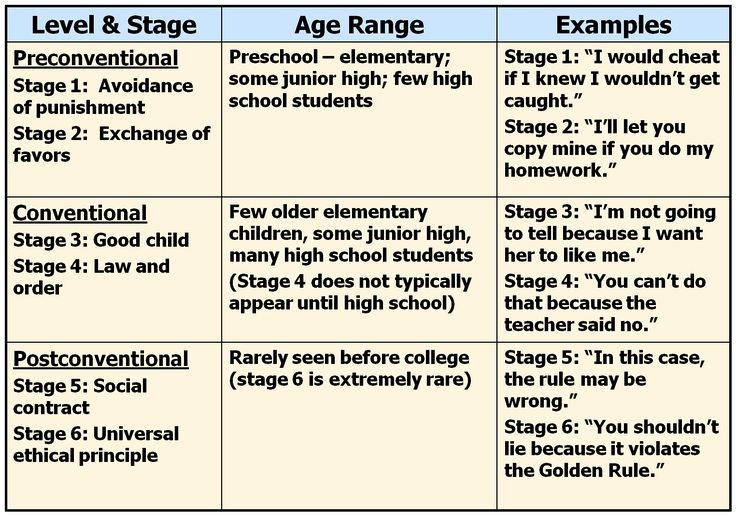 Guilt is often bargaining’s companion. The “if onlys” cause us to find fault in ourselves and what we “think” we could have done differently. We may even bargain with the pain. We will do anything not to feel the pain of this loss. We remain in the past, trying to negotiate our way out of the hurt. People often think of the stages as lasting weeks or months. They forget that the stages are responses to feelings that can last for minutes or hours as we flip in and out of one and then another. We do not enter and leave each individual stage in a linear fashion. We may feel one, then another and back again to the first one.
Guilt is often bargaining’s companion. The “if onlys” cause us to find fault in ourselves and what we “think” we could have done differently. We may even bargain with the pain. We will do anything not to feel the pain of this loss. We remain in the past, trying to negotiate our way out of the hurt. People often think of the stages as lasting weeks or months. They forget that the stages are responses to feelings that can last for minutes or hours as we flip in and out of one and then another. We do not enter and leave each individual stage in a linear fashion. We may feel one, then another and back again to the first one.
DEPRESSIONAfter bargaining, our attention moves squarely into the present. Empty feelings present themselves, and grief enters our lives on a deeper level, deeper than we ever imagined. This depressive stage feels as though it will last forever. It’s important to understand that this depression is not a sign of mental illness. It is the appropriate response to a great loss. We withdraw from life, left in a fog of intense sadness, wondering, perhaps, if there is any point in going on alone? Why go on at all? Depression after a loss is too often seen as unnatural: a state to be fixed, something to snap out of. The first question to ask yourself is whether or not the situation you’re in is actually depressing. The loss of a loved one is a very depressing situation, and depression is a normal and appropriate response. To not experience depression after a loved one dies would be unusual. When a loss fully settles in your soul, the realization that your loved one didn’t get better this time and is not coming back is understandably depressing. If grief is a process of healing, then depression is one of the many necessary steps along the way.
We withdraw from life, left in a fog of intense sadness, wondering, perhaps, if there is any point in going on alone? Why go on at all? Depression after a loss is too often seen as unnatural: a state to be fixed, something to snap out of. The first question to ask yourself is whether or not the situation you’re in is actually depressing. The loss of a loved one is a very depressing situation, and depression is a normal and appropriate response. To not experience depression after a loved one dies would be unusual. When a loss fully settles in your soul, the realization that your loved one didn’t get better this time and is not coming back is understandably depressing. If grief is a process of healing, then depression is one of the many necessary steps along the way.
ACCEPTANCEAcceptance is often confused with the notion of being “all right” or “OK” with what has happened. This is not the case. Most people don’t ever feel OK or all right about the loss of a loved one.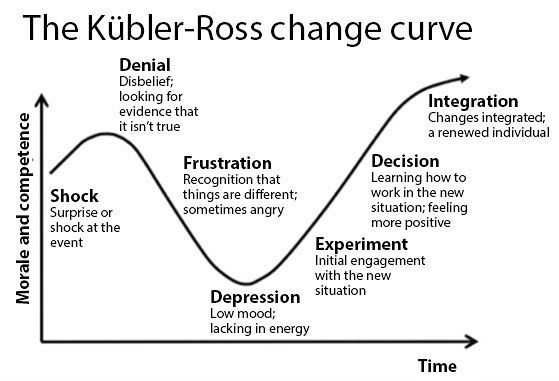 This stage is about accepting the reality that our loved one is physically gone and recognizing that this new reality is the permanent reality. We will never like this reality or make it OK, but eventually we accept it. We learn to live with it. It is the new norm with which we must learn to live. We must try to live now in a world where our loved one is missing. In resisting this new norm, at first many people want to maintain life as it was before a loved one died. In time, through bits and pieces of acceptance, however, we see that we cannot maintain the past intact. It has been forever changed and we must readjust. We must learn to reorganize roles, re-assign them to others or take them on ourselves. Finding acceptance may be just having more good days than bad ones. As we begin to live again and enjoy our life, we often feel that in doing so, we are betraying our loved one. We can never replace what has been lost, but we can make new connections, new meaningful relationships, new inter-dependencies.
This stage is about accepting the reality that our loved one is physically gone and recognizing that this new reality is the permanent reality. We will never like this reality or make it OK, but eventually we accept it. We learn to live with it. It is the new norm with which we must learn to live. We must try to live now in a world where our loved one is missing. In resisting this new norm, at first many people want to maintain life as it was before a loved one died. In time, through bits and pieces of acceptance, however, we see that we cannot maintain the past intact. It has been forever changed and we must readjust. We must learn to reorganize roles, re-assign them to others or take them on ourselves. Finding acceptance may be just having more good days than bad ones. As we begin to live again and enjoy our life, we often feel that in doing so, we are betraying our loved one. We can never replace what has been lost, but we can make new connections, new meaningful relationships, new inter-dependencies.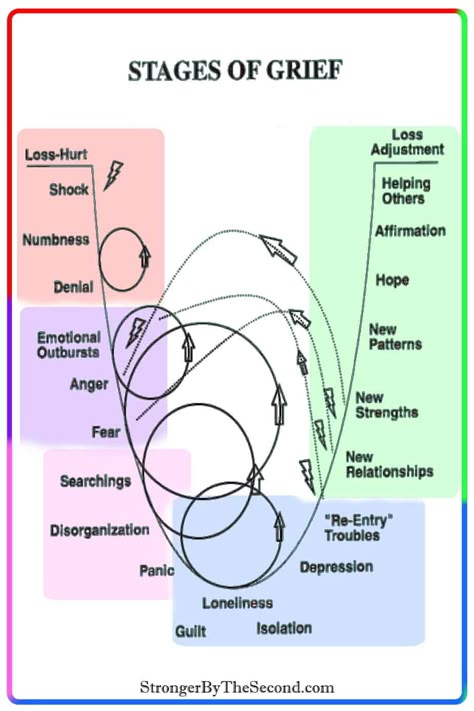 Instead of denying our feelings, we listen to our needs; we move, we change, we grow, we evolve. We may start to reach out to others and become involved in their lives. We invest in our friendships and in our relationship with ourselves. We begin to live again, but we cannot do so until we have given grief its time.
Instead of denying our feelings, we listen to our needs; we move, we change, we grow, we evolve. We may start to reach out to others and become involved in their lives. We invest in our friendships and in our relationship with ourselves. We begin to live again, but we cannot do so until we have given grief its time.
how to help a person at every stage
home / Blog / 5 stages of mourning: how to help a person at each stage
Reading time: 5 minutes
|
May 23, 2022
Receive our articles in messengers
The article was created with the participation of an expert
Oksana Vladimirovna Barinova
Practicing psychologist, trainer, family counseling specialist. Candidate of Psychological Sciences, professor. Author of more than 150 scientific papers.
Experiencing grief, a person often goes through 5 stages: shock, anger, bargaining, depression, acceptance. Each of them is important and has its own characteristics. Oksana Vladimirovna Barinova, our teacher-expert, practicing psychologist, specialist in family counseling, candidate of psychological sciences, professor, spoke about how to help a person at each stage of mourning.
Each of them is important and has its own characteristics. Oksana Vladimirovna Barinova, our teacher-expert, practicing psychologist, specialist in family counseling, candidate of psychological sciences, professor, spoke about how to help a person at each stage of mourning.
Read the article:
- Shock (denial)
- Anger (guilt)
- Bargaining
- Depression
- Acceptance
When providing psychological assistance to people who have experienced loss, it is important to consider at what stage of experiencing the loss they are.
In the initial stages, you need to tell a person what the process of mourning is and what its structure is. The psychologist is encouraged to use the active listening technique to reflect the feelings and emotions associated with the loss. This will help the client understand what is happening to him and help establish a trusting relationship.
In the later stages of mourning, focus on the specific negative consequences of the loss. And based on this, select the appropriate methods of psychological assistance.
And based on this, select the appropriate methods of psychological assistance.
The process of mourning is complex, and there are actually more than five stages in it. On average, a person goes through all the stages of mourning in 1–1.5 years. But the path can be bumpy. The mourner can skip stages, go back, go in his own order and pace. For example, sometimes there is no stage of denial or anger. If you or your client is not moving according to the scheme, then you need to remember that this is natural and normal.
Most people go through 5 main stages, so we will analyze them in more detail.
Cycle of grief
Shock (denial)
Features of the stage. The person acts detached or as if nothing happened. He can say: “It couldn’t happen”, “I don’t believe”, “Everything will be fine”, “This is probably a joke.”
Significance and dangers of the stage. This is a defense mechanism of the psyche.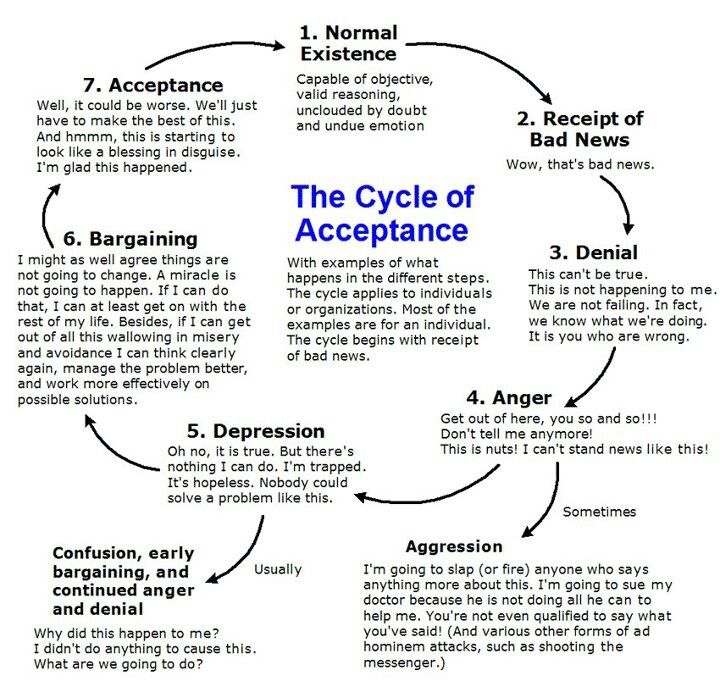 But there is a risk of getting stuck in denial, living in an illusion. Some people run away from reality, for example, into alcohol.
But there is a risk of getting stuck in denial, living in an illusion. Some people run away from reality, for example, into alcohol.
The article was created with the participation of an expert
Barinova Oksana Vladimirovna
Practicing psychologist, trainer, specialist in family counseling. Candidate of Psychological Sciences, professor. Author of more than 150 scientific papers.
- trauma psychology
what happens at each of the five stages
All people face losses: lose their jobs, bury loved ones, experience a breakup of relationships. Today we will talk about what grief is, what stages it has and how knowing about them will help to cope with a black streak in life.
Website editor
Tags:
Psychology
Psychology of Personality
Death of a loved one
loss
Getty images
Grief is a very personal experience.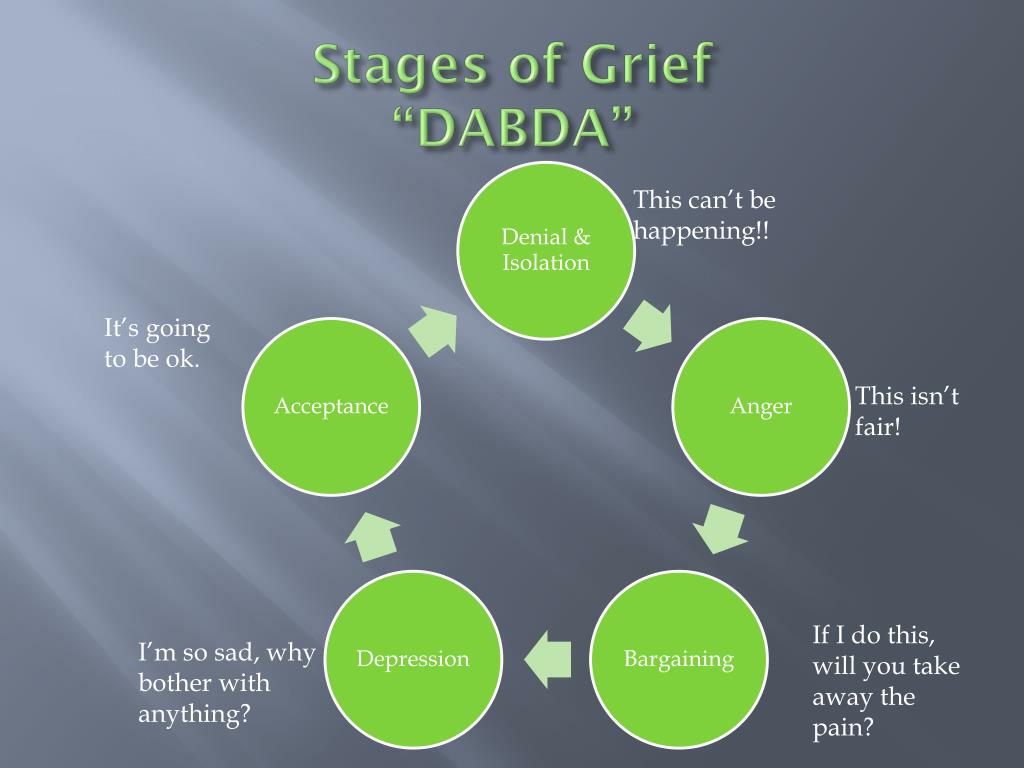 Each of us goes through it in our own way: some close in on themselves, others cry, others get angry. There is no right or wrong way to deal with loss—everyone behaves differently. But there are some common features of mourning, known as the stages of mourning.
Each of us goes through it in our own way: some close in on themselves, others cry, others get angry. There is no right or wrong way to deal with loss—everyone behaves differently. But there are some common features of mourning, known as the stages of mourning.
How the theory of five stages of grief appeared
In 1969, the Swiss-born American psychologist Elisabeth Kubler-Ross published the book On Death and Dying, in which she identified five stages of grief. The book was based on the observations of Elizabeth, who worked with terminally ill people for many years.
The five stages of mourning described by the scientist were later called the Kübler-Ross model. Initially, it was about the experiences of terminally ill patients, but in the later stages of grief, they were adapted to emotions experienced due to other losses.
ADVERTISING - CONTINUED BELOW
Five stages of grief: from denial to acceptance
Elisabeth Kübler-Ross identified five stages of grief in total:
- denial;
- anger;
- bargain;
- depression;
- acceptance.
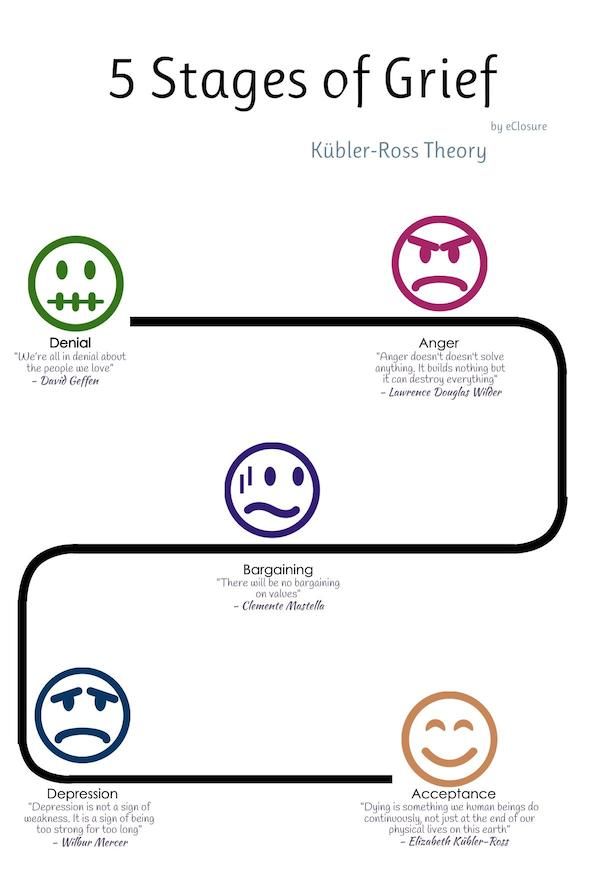
Not every person goes through all five stages, and they do not necessarily follow each other in that order. You can stay on one of them for months and skip the others. It is possible that everything will start with bargaining and only then the person will plunge into anger and denial. Everyone will go their own way, and it is worth knowing what steps you will probably have to take along it.
First stage of grief: denial
Grief is overwhelming. It is natural to respond to strong and often sudden feelings by pretending nothing happened. Denial gives us time to gradually digest the news and incorporate it into our lives. This is a common defense mechanism to deal with stress.
However, as a person emerges from the stage of denial, the emotions from which he was hiding begin to grow. At such moments, the mourner is confronted with intense sadness, which previously went unnoticed.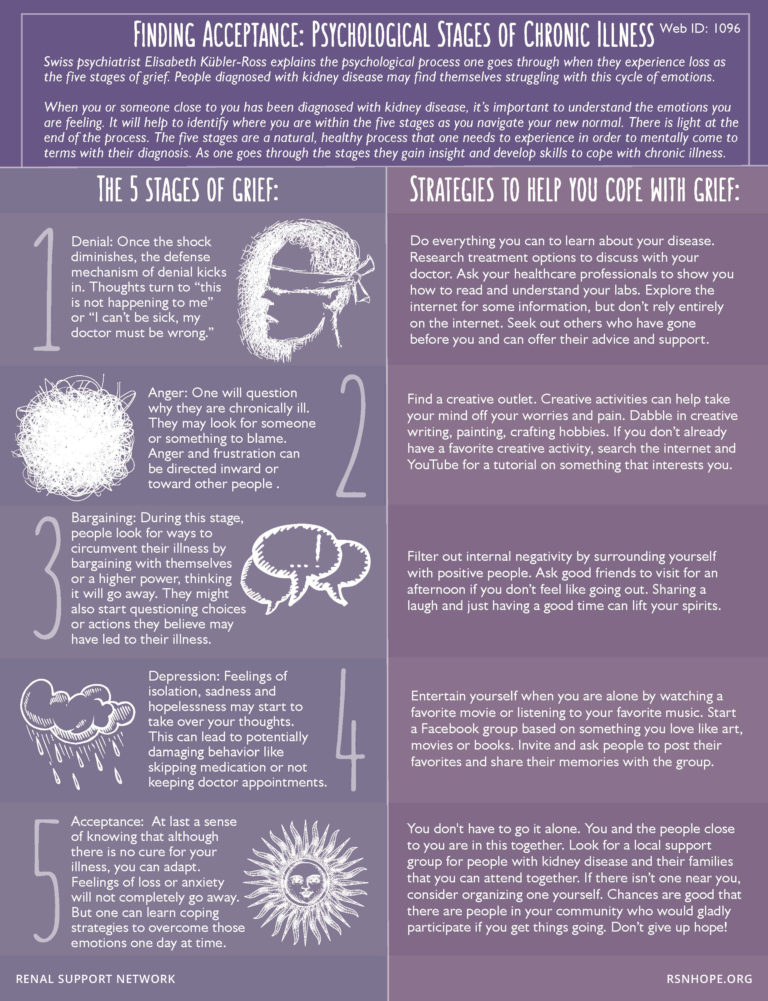 This is part of the journey and it can be very difficult.
This is part of the journey and it can be very difficult.
Second stage of grief: anger
If denial is a survival mechanism, then anger is a way to mask feelings. It hides other feelings and pain that a person faces. Rage can be directed at other people - from relatives who come to the hospital to a former boss. Sometimes even inanimate objects can become the object of anger.
Reason at such moments prompts: the one on whom you are breaking down is not to blame for what happened. But the emotions are too strong for the rational side of the personality to take over. Sometimes anger is “disguised” and does not look like a pronounced rage, but like bitterness and indignation. Not all people go through the anger stage, but there are those who linger on it for a long time.
Third stage of grief: bargaining
Grief makes people vulnerable and helpless.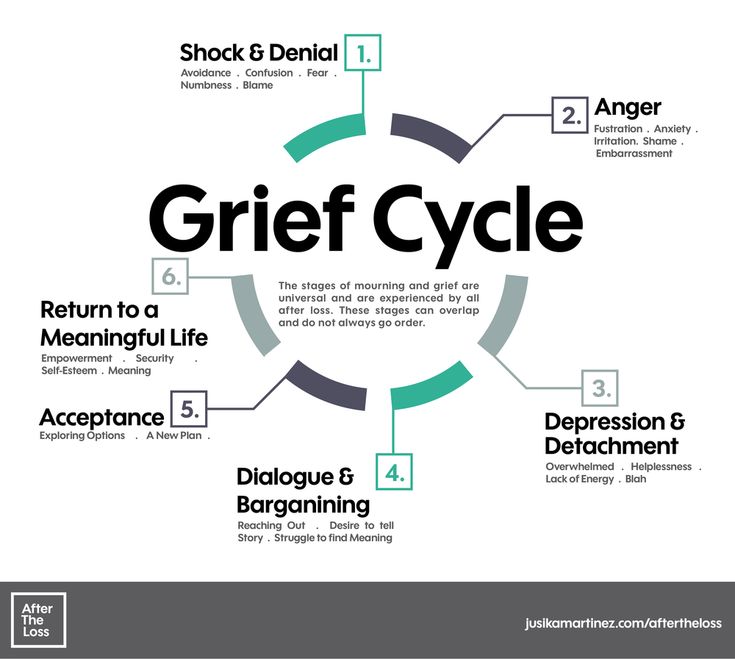 At such moments, they often look for ways to regain control over life, they want to feel that they can influence the outcome of events. It's time for internal dialogues with endless questions: "What if? .."
At such moments, they often look for ways to regain control over life, they want to feel that they can influence the outcome of events. It's time for internal dialogues with endless questions: "What if? .."
Those who are religious often try to make a deal with God or higher powers, giving them various promises in exchange for healing or pain relief. In essence, a deal is an attempt to delay the inevitable, to hide from confusion or sadness. People expect that they will be rewarded for "exemplary behavior" and take oaths that they are not going to fulfill.
Fourth stage of grief: depression
Anger and bargaining can be very active, depression is experienced as a quiet stage of grief. At first, a person tries to run away from emotions, but by this stage he is already able to accept and process them. At such times, people may choose to isolate themselves to cope with the loss.
However, this does not mean that depression is mild or well defined. Like other stages of mourning, it can be complex and confusing. It may seem to you that everything around you is in a fog, and the only thing you feel is confusion and sadness.
Like other stages of mourning, it can be complex and confusing. It may seem to you that everything around you is in a fog, and the only thing you feel is confusion and sadness.
Depression can be felt as the inevitable "landing point" of any loss: deprivation becomes clear and inevitable. But if you understand that you are bogged down in depression and do not move on to acceptance, then you should talk to a psychotherapist: he will help you go through this stage and not get stuck in it for a long time.
Fifth Stage of Grief: Acceptance
Acceptance is not necessarily a happy or uplifting stage of mourning. It does not mean that a person experienced a loss. This is an understanding of how what happened affects his life.
At this stage, you may feel very different. This is normal, because there have been changes that affect all relations with the world. Acceptance should be looked at as a way of realizing that there are more good days than bad ones, but there are also black streaks in life.
7 stages of grief
The Kubler-Ross model of five stages of grief is the best known, but it is far from the only one. Another one that helps explain the experience of loss involves seven stages.
- Shock and denial. This is a time of distrust and numb feelings.
- Pain and guilt. Loss seems unbearable to a person, he believes that he complicates the life of others with his feelings and needs.
- Anger and bargaining. At this moment, the mourner promises God and the higher powers anything, if they grant him relief.
- Depression. At this stage, a person becomes isolated, choosing loneliness in order to comprehend and accept the loss.
- Turn up. Anger and pain subside, and the bereaved person becomes calmer and more relaxed.
- Reconstruction and development.
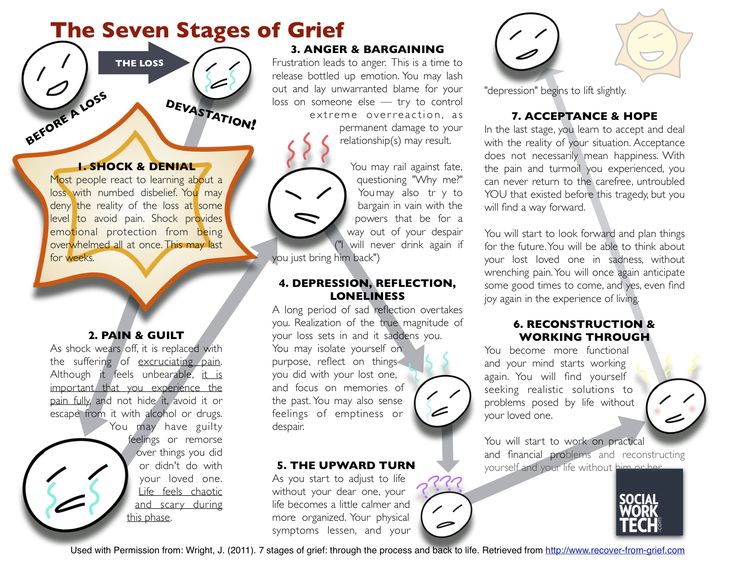 At this stage, the pieces of life come together again and the forward movement begins.
At this stage, the pieces of life come together again and the forward movement begins. - Acceptance and hope. At this stage, there is an acceptance of a new way of life, there is an understanding that new opportunities await in the future.
7 stages of grief example
Here's what the seven stages of grief would look like in the case of a divorce:
- Shock and denial: “He can't do this to me. He will realize that he made a mistake and will return.”
- Pain and guilt: “How could he do this? Is he that selfish? How could I ruin everything?"
- Anger and bargaining: “If he gives me another chance, I will be an ideal wife. I love him and I will give him whatever he wants!”
- Depression: “I will never have a relationship again. I'm doomed to always let everyone down."
- Turn up: "It was hard, but I might meet someone else in the future.
